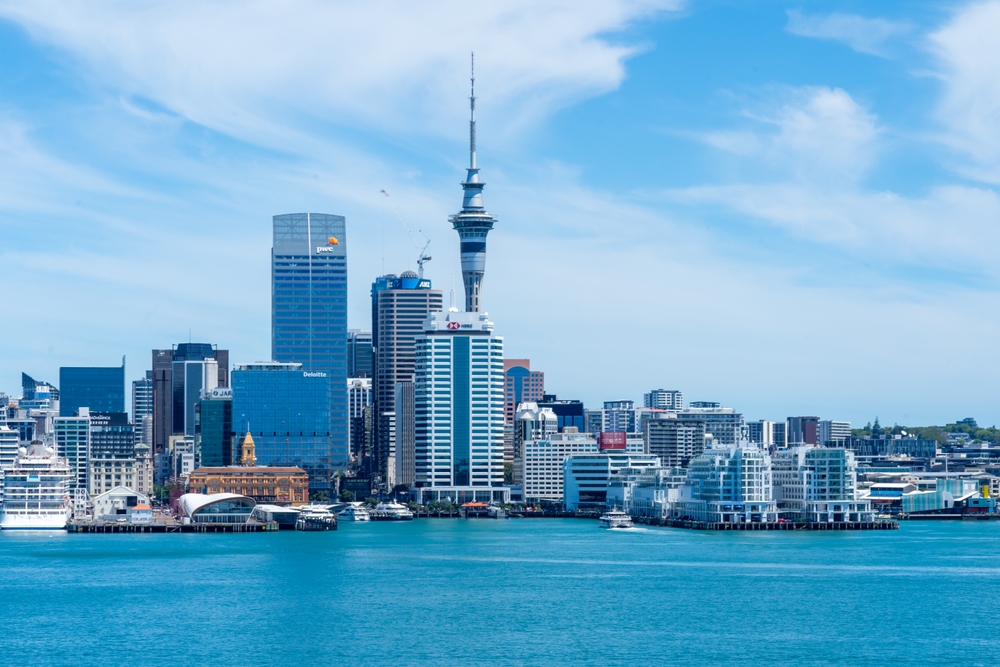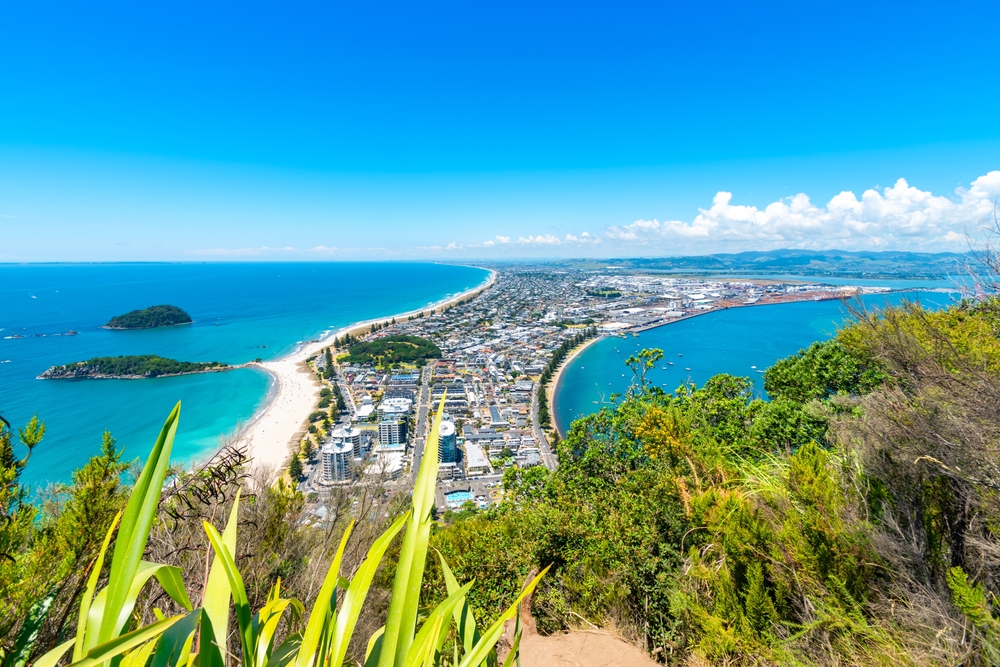Making the leap to New Zealand requires careful planning and strategic timing, as it’s not just about booking a flight and packing your bags. This comprehensive guide walks you through transforming your Kiwi dreams into reality, covering everything from visa requirements and job opportunities to cultural adjustments and settling into your new home. With detailed advice on navigating the local housing market and tips on integrating into the vibrant community, you’ll be fully prepared for your adventure in one of the world’s most beautiful countries.
Why New Zealand Demands Unique Preparation
New Zealand’s isolated location and distinct culture create unique challenges for international moves. From visa complexities to professional moving services, success depends on understanding the country’s specific requirements and lifestyle differences.

1. Securing Your Legal Right to Live in NZ
New Zealand’s immigration system focuses on skills and contribution potential. The most common pathways include skilled migrant visas, work visas, and residence through work. Each demands specific evidence and qualifications.
Critical documentation includes birth certificates, marriage licenses, police clearances, health checks, and professional accreditation. Start this process early – some visas take six months or longer for approval. Keep digital copies of everything.
2. Landing Your Kiwi Job
New Zealand’s job market values local experience and cultural fit. Technology, healthcare, construction, and agriculture offer strong prospects for newcomers. Auckland leads in corporate roles, while regional areas need trades and essential services like residential and commercial cleaners.
Prepare for different interview styles. Kiwis appreciate modesty over hard selling. Update your CV to local format – shorter, skills-focused, and achievement-oriented. LinkedIn matters less here; industry networks carry more weight.
3. Understanding Healthcare and Education
Healthcare combines public and private systems. Register with a local General Practitioner (GP -primary care doctor) immediately – many have waiting lists. Public healthcare covers most services, but private insurance fills gaps for non-urgent procedures.
The education system ranks globally high. Public schools dominate, with zones determining attendance. Private schools offer alternatives but cost significantly more. Universities require different documentation for international credentials – start verification early.
4. Managing Money Matters
Opening a bank account needs proof of address and identity. Major banks include ANZ, ASB, BNZ, and Westpac. Set up accounts before arrival if possible – some banks offer this service.
Tax registration (IRD number) proves essential for everything from working to buying property. Apply online through the Inland Revenue website. Consider currency transfer timing – exchange rates impact your moving budget significantly.
5. Finding Your Kiwi Home
Housing varies dramatically by region. Auckland’s prices shock most newcomers, while regional cities offer better value. Rentals typically come unfurnished – factor this into your budget. Most leases run 12 months, requiring references and substantial deposits of 1-2 months’ rent. Also if you are buying be sure to have your house inspected before moving in.
Location research matters. Consider:
- Commute times (traffic surprises many in major cities)
- School zones if relevant
- Public transport access
- Weather patterns (microclimates affect daily life)
- Community facilities
6. Shipping and Storage Solutions
Sea freight takes 6-8 weeks minimum. Air freight costs more but suits essential items. Roll-on and Roll-Off services operate for moving cars and motorcycles. Many choose a combination, shipping furniture with moving companies while flying with necessities.
Research customs regulations carefully. New Zealand’s biosecurity rules rank among world’s strictest. Clean and declare everything – fines for violations hurt. Consider selling bulky items through a garage sale and buying new if costs compare favourably.

7. Cultural Integration Tips
Kiwi culture values work-life balance and outdoor activities. Social life often revolves around sports, barbecues, and casual gatherings. Learning basic Maori phrases shows respect for indigenous culture.
Workplace culture might surprise. Hierarchies feel flatter, communication more direct. “Tall poppy syndrome” means excessive self-promotion backfires. Build relationships through shared activities rather than networking events.
8. Setting Up Your New Life
First-week priorities:
- Mobile phone (consider prepaid initially)
- Internet connection (check fiber availability)
- Transport options (public transport card or vehicle purchase)
- Emergency contacts list
Join community groups matching your interests. Sports clubs, hobby groups, and volunteer organisations offer natural social connections. Facebook community groups provide local insights and marketplace access.
Conclusion
Moving to New Zealand opens doors to unique experiences and lifestyle changes. Success comes from thorough preparation and an open mind. Expect some culture shock – even English-speaking migrants need adjustment time.
Remember: Kiwis welcome newcomers who embrace local culture while sharing their own. Your international perspective adds value to your new community. Take time to explore, connect, and settle into your new Pacific home.
Need more specific information? Immigration New Zealand’s website offers comprehensive resources, while regional newcomer networks provide practical support and community connections.
Expat Shares Essential Info Brits Should Know Before Moving To Spain





